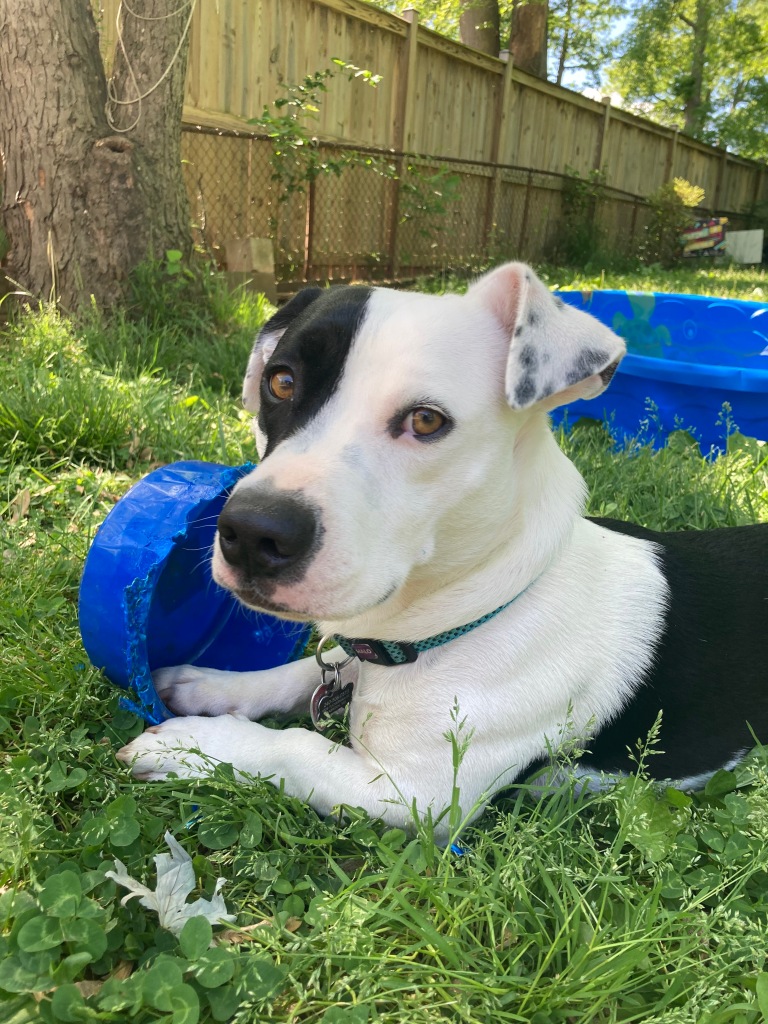
The problem that I am addressing with my project is the use of harmful chemicals to pets on UMBC’s campus, specifically the use of dangerous pesticides, road and sidewalk salt. I know that UMBC claims to be pet safe, and many students have emotional support animals on campus, but the chemicals used in the salts and pesticides have proven to harm the pets on campus.
I, myself, have an dog for an ESA on campus and have run into many issues with the chemicals used. My dog, Mr. Moo, broke out into open sores due to the pesticide treatment that continued to worsen when I moved him on campus. He got burns on his paws and I had to get him little rubber boots to wear so that the road salt used on the sidewalks around the residential areas didn’t burn his toes. While there are pet safe options for both pesticides and road salt, UMBC uses harmful chemicals that made me once again have to move my ESA off of campus until it was safe again for him, which entailed waiting for the pesticides to be washed away.
My specific goal of my project was to research what specific salt, and pesticide treatment UMBC uses on campus and offer them a better solution for each, which will make the campus safer not only for the ESA’s, but for anybody who walks their dogs on campus, the wildlife, and the feral cats that call campus home. For my project I scheduled an interview with Mr. Hogan and sent him a list of my questions prior to the meeting, so that he could provide all the answers I was looking for. My questions focused on current treatments used as well as offering him better alternatives. Mr. Hogan was very willing to meet with me and help me learn about what goes on behind the scenes. In fact, I found that my phone calls and efforts I put forward last year, when I called Mr. Hogan to talk about my issues with both the pesticide use and road salt. I learned that UMBC has switched to a liquid road salt solution, cutting down on the environmental impact. As far as the pesticides, he told me that the application process has been modified to use a liquid herbicide around residential areas and walking areas called Triple SF. It is a selective herbicide that leaves little to no residue to reduce the impact on local fauna and pets on campus. For the larger campus Mr. Hogan informed me that they use Resolute 4FL, another type of selective herbicide. My conversation with Mr. Hogan assured me that he and the ground department do care about the animals on campus and listen to student concerns.
I would deem my project a success as it seemed to perfectly wrap up what I unknowingly started last year.

Great job on your project! It’s important to raise awareness about the harmful chemicals used on campus that can potentially harm pets. It’s also great to see that UMBC is taking steps to find safer alternatives to keep the campus pet-friendly.